Today we’re going to look at the health benefits of onions. Just as there are multiple layers to this vegetable, with multiple ways you can cook it, there are also multiple health benefits of onions.
Onions belong to the allium family of vegetables, which include garlic, shallots, chives, and leeks. This means they are a good source of sulfur, which help in both detoxification and protein formation. But they also have important antibacterial and immune-boosting properties.
And while modern day medicine is beginning to acknowledge these health benefits, onions have been used since the beginning of recorded history as key to treating a wide range of health concerns.
Nutrient Dense
A medium onion is only 44 calories but packed with key vitamins and minerals. It is high in vitamin C, which is a key nutrient in helping to regulate your immune system. And as a powerful antioxidant, it helps to protect you from free radical damage. This means that it can aid in reducing cellular membrane damage and inflammation.
Onions are also a good source of both B6 and B9, which aid in regulating your immune system. Plus these two B vitamins play a key role in metabolism, nerve function, and the production of red blood cells.
And like bananas, they are a good source of potassium, which is key for proper muscle relaxation.
Heart Health
As already noted onions help to fight inflammation. Inflammation is at the heart of almost all cardiovascular health issues.
A key antioxidant found in onions is the flavonoid quercetin, which has been shown to be a powerful anti-inflammatory ingredient that helps to reduce heart disease risk factors. One of which is helping to reduce cholesterol levels.
Antioxidant Powerhouse
As I’ve shared many times in my health articles, antioxidants protect you from free radical damage. Plus they inhibit oxidation. It is oxidized LDL cholesterol that typically starts plaque formation in the vascular system.
Onions contain over 25 different flavonoid compounds, which all act as excellent sources of antioxidants.
Particular to red onions is the flavonoid called anthocyanins. There are multiple population studies that show how a diet rich in anthocyanins can lower the risk of a heart attack in men by 14% and for women by 32%. Read More →
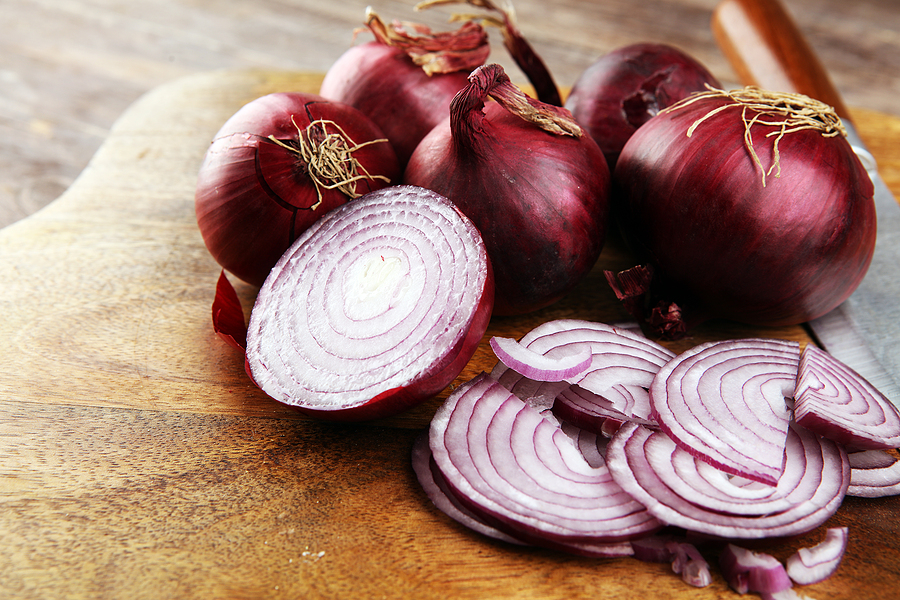
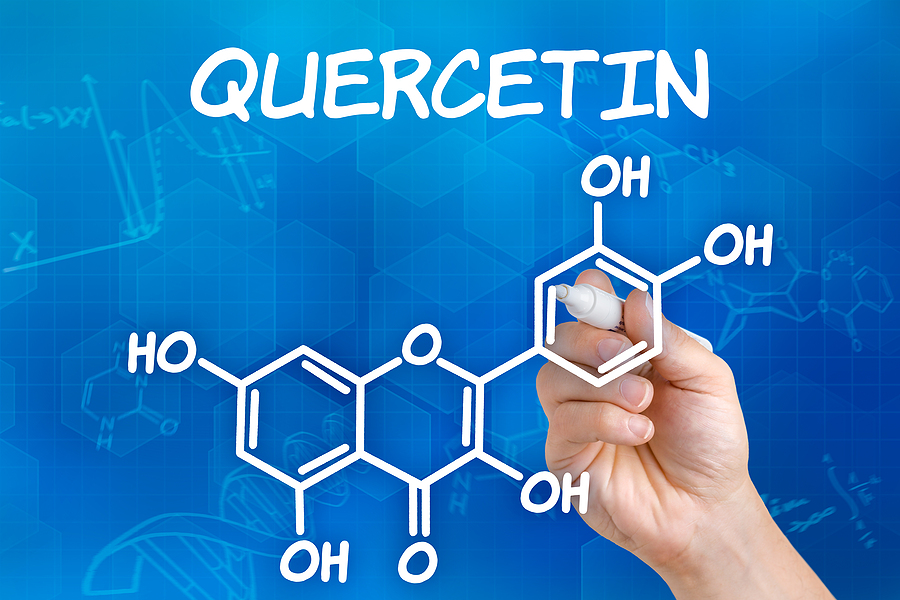
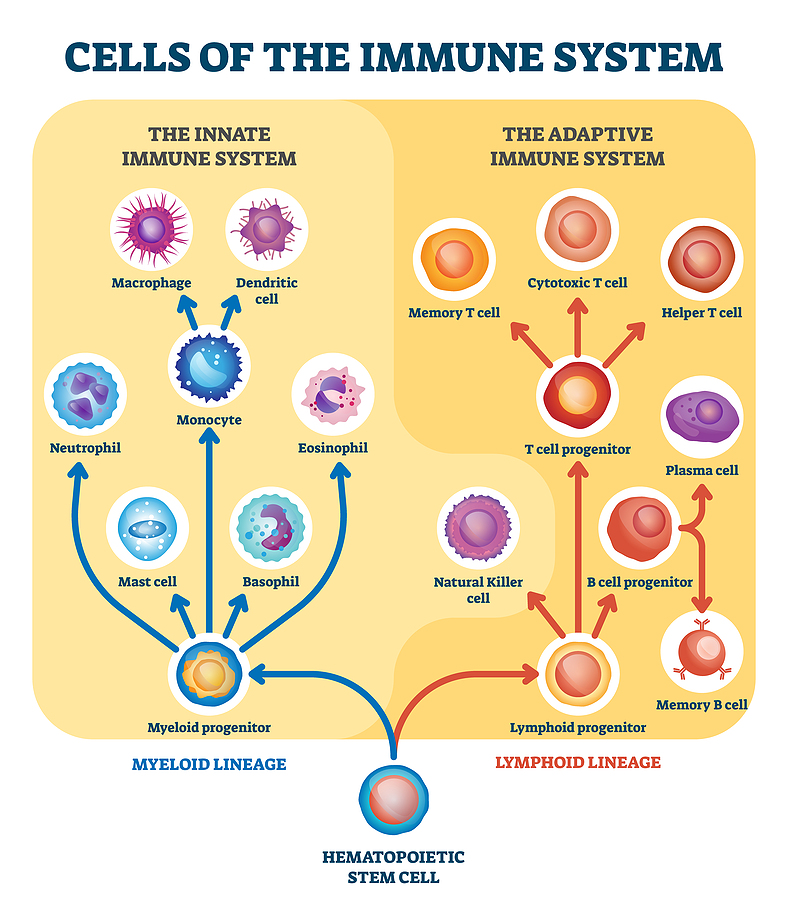
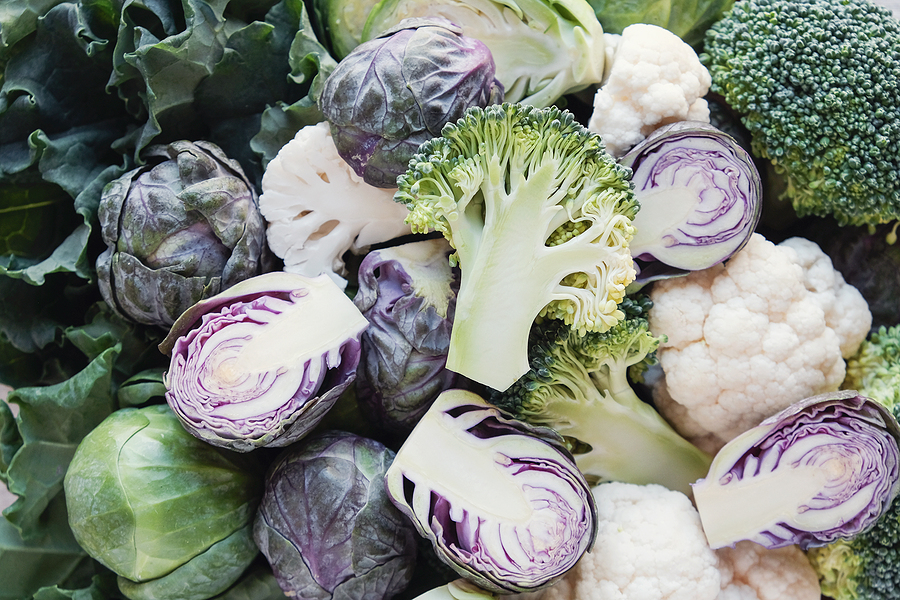

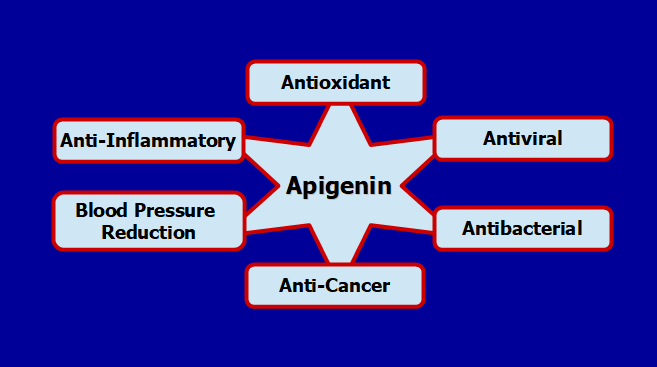
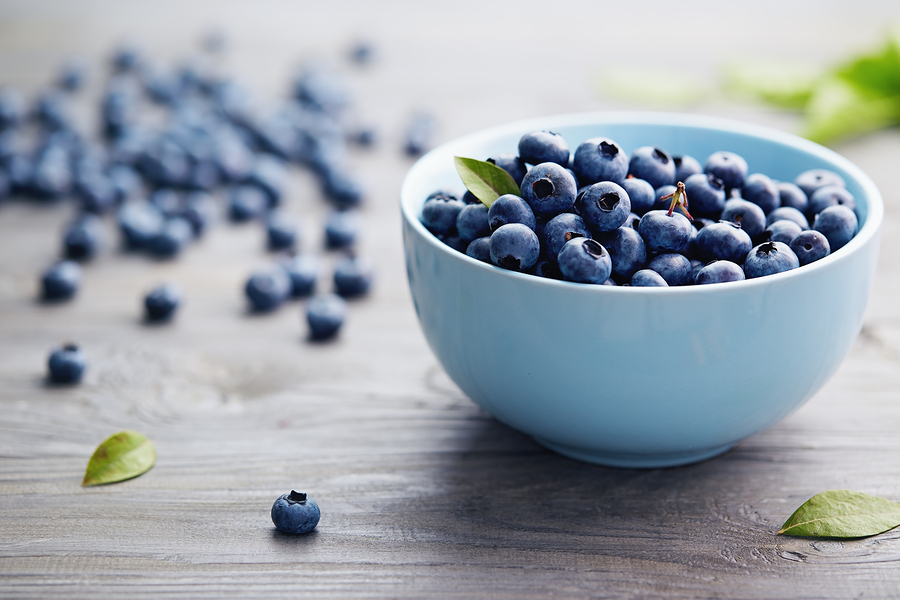
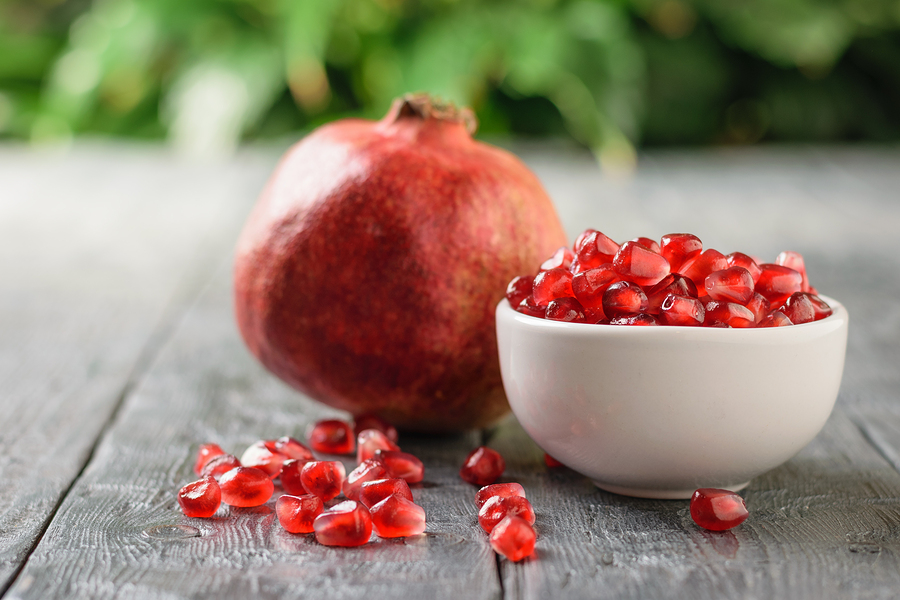
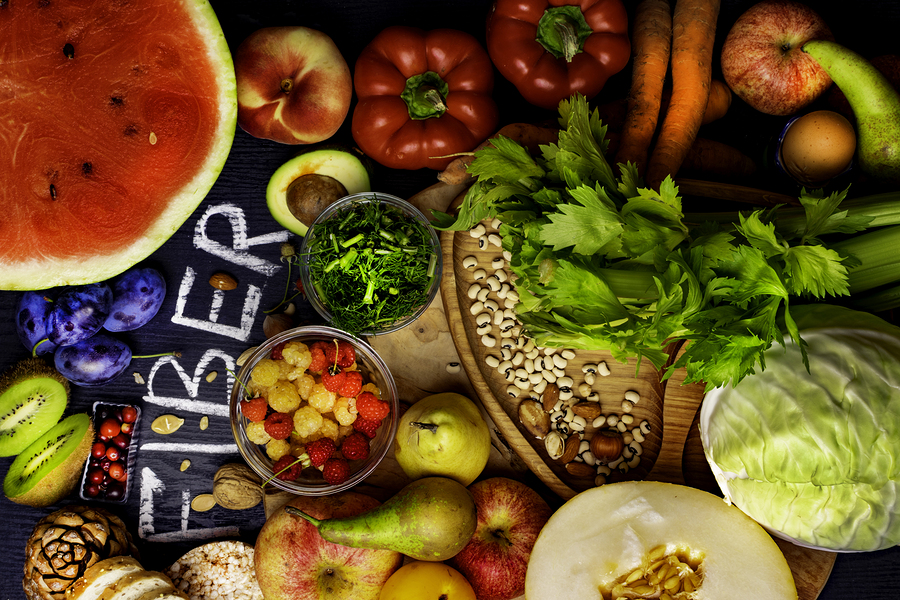
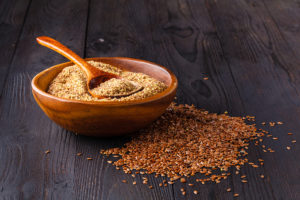 years. Initially for textiles. And, as people began to consume the seeds of flax, for its health properties.
years. Initially for textiles. And, as people began to consume the seeds of flax, for its health properties.